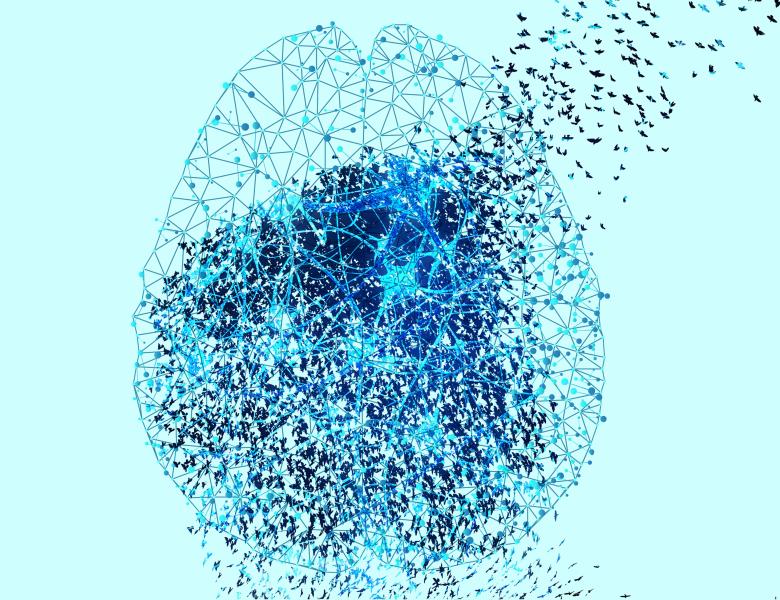
Abstract
Contemporary machine learning (ML) models are capable, but opaque. This raises significant challenges in understanding both their internals and capabilities. This condition has some similarities to the challenges faced by researchers of human cognition. The rich methodological toolbox developed in the study of cognition offers a promising avenue to develop our understanding of ML models. Albeit, often not through simple direct application because of properties that distinguish ML from human cognition. Inversely, the adaptation of these methods for ML models creates new tools through which we can study human cognition. Overall, the synthesis of the fields is leading us to an exciting era, with significant research potential. I will describe four language-focused projects, alternating between ML and cognition: adapting methods from cognitive science to create a lens through which to study ML models, and turning that lens back on human cognition. Though this work, we diagnose human adaptation in linguistic interactions, and analyze the generalization and adaptation of ML models.


